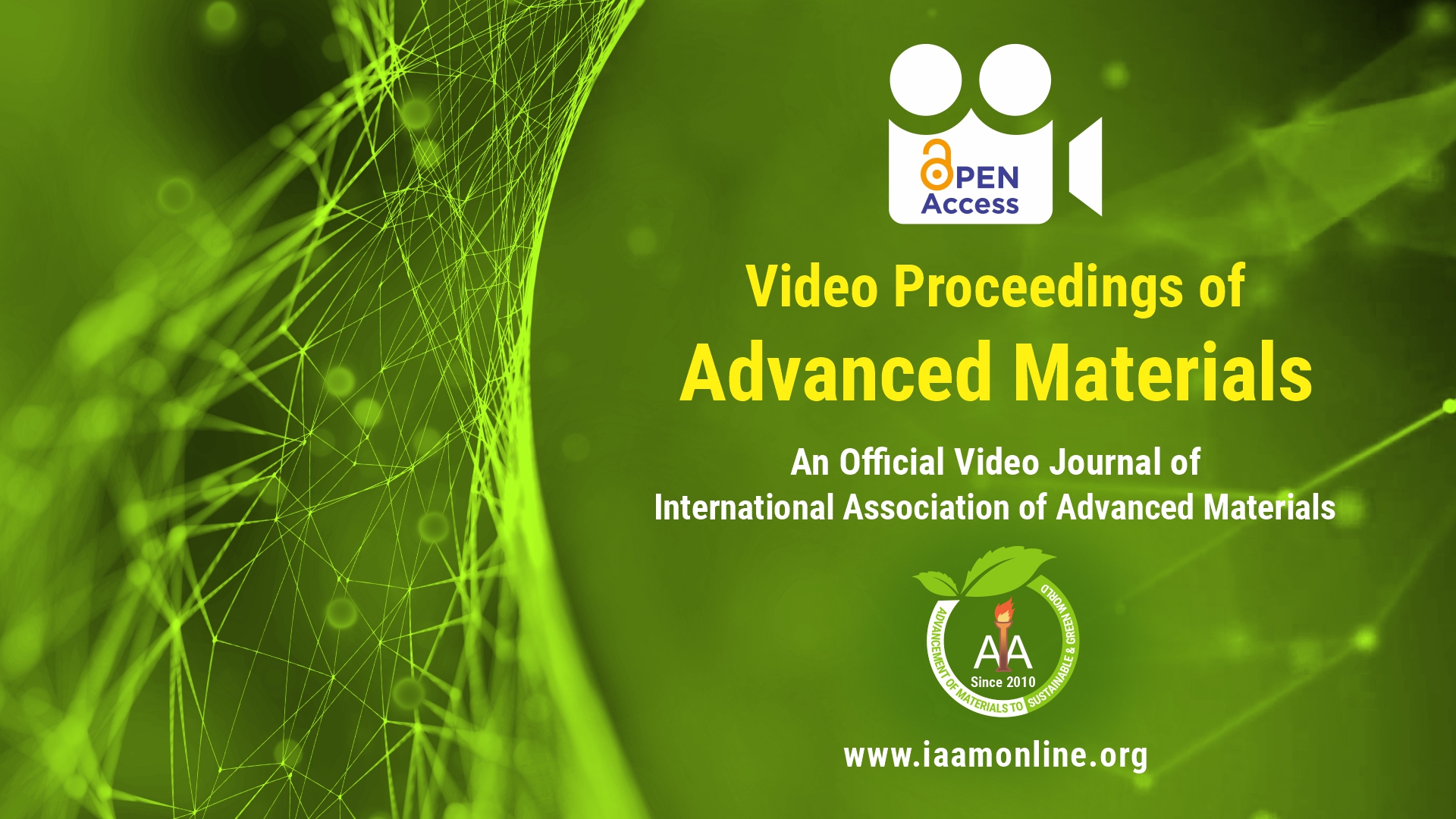Video Article Open Access
Research and Development of Nb3Sn Wires and Cables for High-Field Accelerator Magnets
Emanuela Barzi
Fermi National Accelerator Lab, USA
Vid. Proc. Adv. Mater., Volume 2, Article ID 2021-02142 (2021)
DOI: 10.5185/vpoam.2021.02142
Publication Date (Web): 07 Apr 2021
Copyright © IAAM
Abstract
The latest U.S. and European strategic plans for High Energy Physics endorse steadfast superconducting magnet technology R&D for future energy frontier facilities. This includes 10 to 16 T accelerator magnets for the luminosity upgrades of the Large Hadron Collider and eventually for a future 100 TeV-scale proton-proton collider. This paper describes the multi-decade R&D investment in the superconductor technology, which was crucial to produce the first reproducible 10 to 12 T accelerator-quality dipoles and quadrupoles made of Nb3Sn, as well as the world-record field of 14.5 T for a Nb3Sn accelerator dipole magnet. We also indicate prospective research areas in superconducting wires and cables to achieve the next goals for superconducting accelerator magnets. Emphasis is on increasing performance and decreasing costs while pushing the technology to its limits for future colliders.
Biography
Emanuela Barzi is a Senior Scientist at Fermilab and an Adjunct Professor and Graduate Faculty at OSU. A 2012 Fellow of the APS and a senior member of the IEEE, Barzi has been an active member of the high-energy accelerator and physics communities for 25+ years. The Superconducting R&D lab that she founded is a world leading center in low- and high-temperature superconductor technologies for the next generation of particle accelerators. Barzi is a member of the team that this year produced a world-record field of 14.5 T for a Nb3Sn accelerator dipole magnet, is FNAL coordinator of NEWS and INTENSE, two Marie Skłodowska-Curie networks, and is a member of the Muon g-2 Collaboration. She has co-authored more than 240 peer-reviewed papers and book chapters with 5500+ citations. In 2010 she was awarded the Japanese “Superconductor Science and Technology Prize.” Barzi also established extensive educational programs at FNAL for graduate students in Physics and Engineering, including the Italian Graduate Students Program at FNAL, that have benefited hundreds of young professionals, and has mentored 30+ students in her lab for internships, Masters and PhDs. Currently a councilor of the APS FIP, she was recently elected in the APS Council Steering Committee.
Video Proceedings of Advanced Materials

Upcoming Congress



